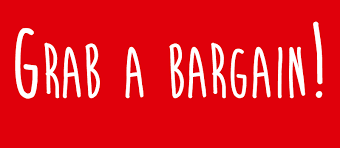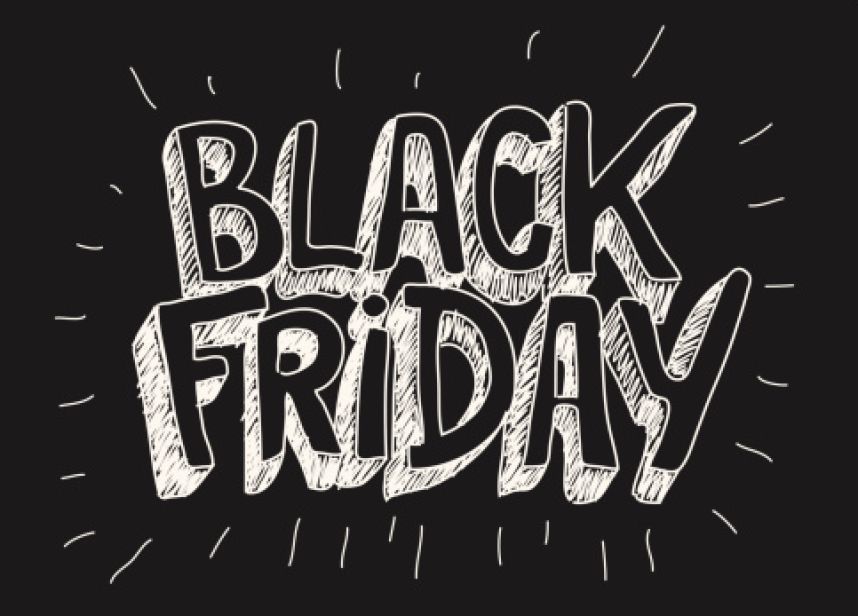Friday 27 November 2020 looks set to be the biggest shopping event of the year – known as Black Friday, the event was originally an American idea that always falls the Friday after Thanksgiving. It is followed by Cyber Monday, which is traditionally the online-only day. This year, because of coronavirus, more shoppers are likely to buy online on Black Friday rather than in physical shops making Black Friday 2020 one for the record books. The pandemic lock-downs around the world mean for many retailers this weekend could be a make-or-break event.

In 2019 Black Friday saw 93.2 million buyers shopping online and sales hitting $7.4 billion, which was an all-time high. It is calculated that 30% of all retail sales occur from Black Friday till the Christmas peak. Records show about 40% of shoppers made online purchases that day in 2019 with Millennials highlighted as the biggest spenders and over 50% of the shoppers were women. Probably not a surprise that Amazon accounted for 54.9% of all sales on Black Friday 2019.
All this consumption is not good for our planet and ideally we need less of this kind of activity. But, there will always be deals to be had and people will still want to feel like they have a bargain. However, we’d all save more and the environment if we tried to buy more secondhand. So before you head into the cyber sale world make sure you know what is driving your purchase behavior.

There are five key emotions that drive any impulse-buying decisions, and these are heightened on Black Friday. It’s good to get a handle on these emotions to make sure you are buying products for the right reasons:
Greed
I will instantly be rewarded (evil laugh). When we purchase something new or experience novelty, it activates the dopamine neurotransmitter, so we feel good when we buy that new dress or gadget. This is a perfect tie to greed because we get greedy for our pleasure centre to be activated.
Fear of missing out (FOMO)
Many people fear that if they don’t decide right now, they’ll lose out – FOREVER. On Black Friday stores are praying on your fear by basically telling you if you don’t get it now, you’ll never get it for that price again. So, we are all driven by that fear of missing out. This often hooks people to buy things they don’t really want and certainly don’t need. Don’t let fear drive your buying decisions – plan what you need and how much you are willing to spend and go from there!
Envy
Linked to FOMO is envy as this causes people to think that If they don’t decide right now then they are not keeping up with the pack and they will have more new stuff than them. If you don’t need it or really want it, does it matter that next door has a new gizmo? Don’t let ‘keeping up with the Jones’ drive you to spend on things that don’t actually matter!
Pride
Pride (comes before a fall) takes it to a new level again as it is a key driver in purchase behaviour. If you think that buying a product will improve your reputation then you will always try to be one step ahead – quite frankly exhausting! This behaviour is typical of the early adopter who will wait in line to get the newest iPhone or any other new digi product, so they can show the world that they own the newest and best things and that they are cool for just having them before you!
Shame
Sadly, some people buy things because they worry that if they don’t, they will look stupid. This is different from FOMO because it’s driven by the fear that our decisions will be a reflection on us. People who experience shame in the buying cycle feel compelled to purchase things because they see other people doing it. When you are online, stores know how to hook this emotion. Often these days you are served a pop up telling you haw many people are looking at an item, purchasing it, how long you have left and how rapidly the stock is depleting – and so you get hooked to do it now or look silly!

Chances are, you’re going to stumble upon something that you want to buy when you get prompted by the online retailers to have a look at their offers. But setting a budget and creating a list of the things you really need will help you stay focused in the face of tempting, but frivolous, purchases. Good luck if you are thinking of getting a bargain.
